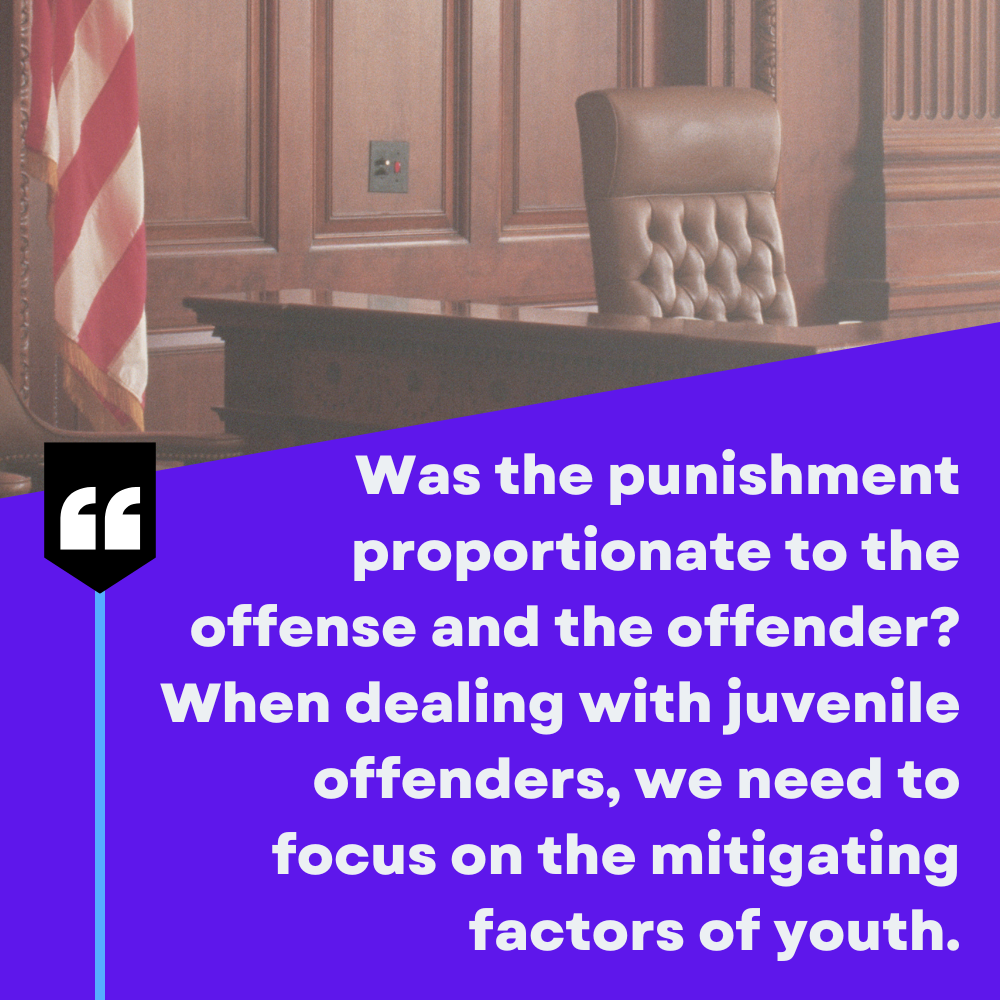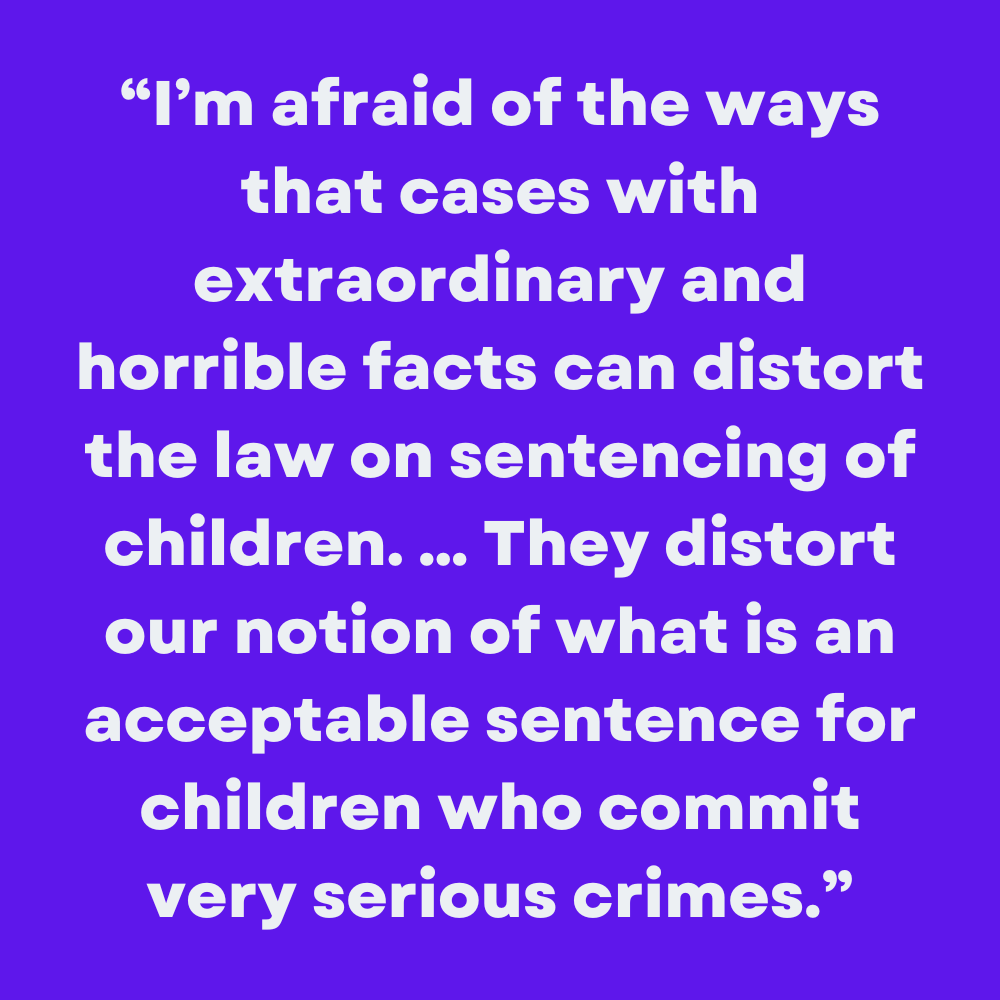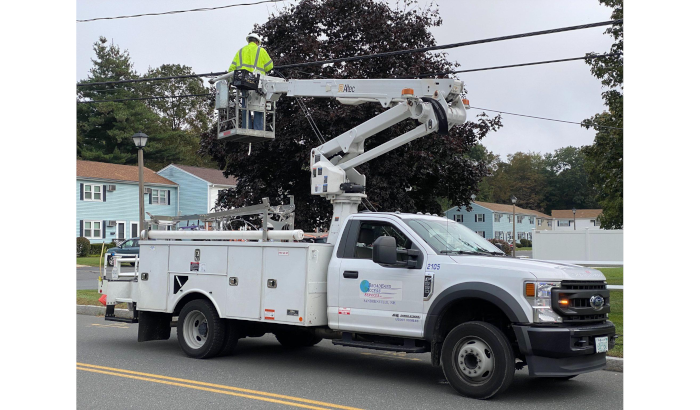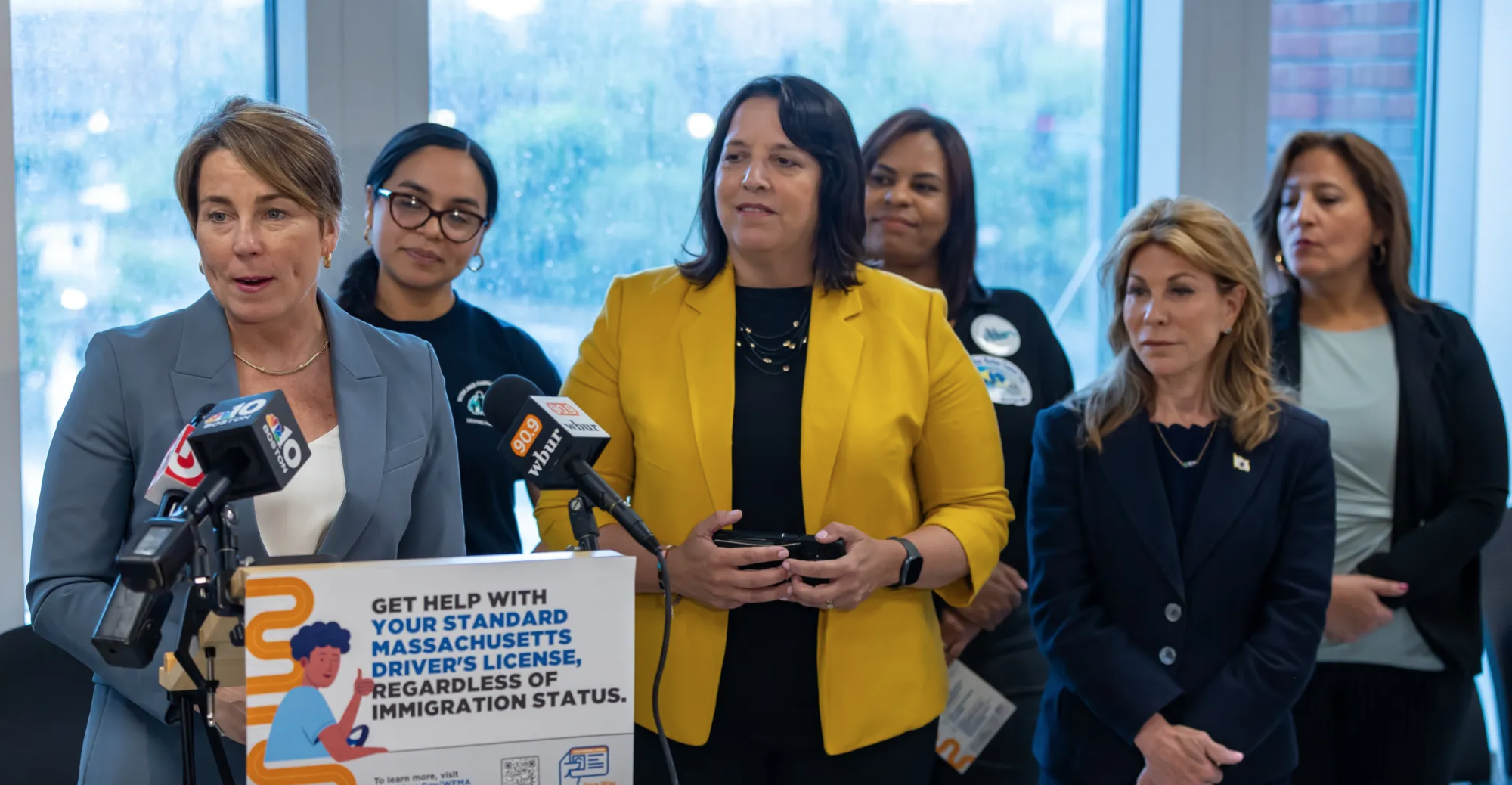Chism’s attorneys argue for new trial
On Oct. 10, 2024, lawyers for Philip Chism argued before the Massachusetts Supreme Judicial Court (SJC) that Chism’s sentence is unlawful and that the now 25-year-old deserves a new trial.
At the same time, the family of Colleen Ritzer issued a statement which was picked up by CBS News. “Colleen and our family will not be afforded a second chance. If we live in a just society, neither should he,” they wrote. “That we, her family, and friends must even consider the possibility of reducing this convicted murderer’s sentence is unbelievable.”
Chism, who was 14 years old in 2014 at the time of his crimes, was found guilty by a jury and sentenced in 2016 for the brutal murder and rape of Ritzer, who was his teacher. He received a life sentence with parole eligibility after 25 years in prison—the law permits parole eligibility for a juvenile convicted of first-degree murder after 20 to 30 years, depending on the circumstances of the case.
The trial judge, David A. Lowy, also imposed 40 years for rape and 40 years for armed robbery—both sentences to be served concurrently with the life sentence for murder. If Chism is paroled, he will remain on parole for the rest of his life.
Why lawyers say Chism’s sentence is “unlawful”
Chism’s attorney Michael Schneider spelled out the problem of Chism’s sentencing in his brief written with co-counsel, Benjamin Brooks: the time imposed for the non-homicide sentences means that those charges (rather than the murder sentence) become the controlling force as to when Chism is able to apply for parole, i.e at age 54.
Parole or early release with supervision is never guaranteed. By statute, Chism will have to prove to the Parole Board that “there is a reasonable probability that, if [he] is released, he will live and remain at liberty without violating the law, and that his release is not incompatible with the welfare of society.”

Ryan Schiff, one of the attorneys who wrote an amicus brief supporting the defendant’s appeal, elaborated on why he contends that 40 years for the non-homicides made Chism’s sentence “unlawful.” He said, “Because the non-homicide sentences govern when [Chism] is eligible for parole, he can’t see the Parole Board for 40 years where it would be 30 years at most for any juvenile sentenced to first-degree murder.” A juvenile prosecuted in Massachusetts is defined as between the ages of seven and 18.
Juveniles facing first-degree murder charges came under special consideration in Massachusetts when the SJC issued its landmark ruling in Diatchenko v. District Attorney for Suffolk District and others prohibiting “all sentences of life without the possibility of parole for juvenile offenders.” Because of Miller v. Alabama, another landmark case, children are known to be “constitutionally different from adults for purposes of sentencing,” meaning they are more likely to be impulsive, reckless, easily influenced by peers, and with brains that are not yet fully developed.
This past January, the SJC issued another monumental ruling in Commonwealth v. Mattis, stating that life without parole is now a violation of the Massachusetts constitution for those who committed their crime when they were 18, 19, or 20 years old, in other words, emerging adults.
Schneider, who argued the Chism case before the SJC, stated in a telephone interview several concerns about his client’s sentence. “It’s really about fairness,” Schneider said. “Was the punishment proportionate to the offense and the offender? When dealing with juvenile offenders, we need to focus on the mitigating factors of youth.”
The commonwealth contended in its brief that Chism’s sentences were not disproportionate nor did his crimes “reflect [the] classic immaturity and impetuosity” of youth. The jury found that he was criminally responsible for his acts. The judge agreed, stating in his four-page sentencing memo that “the Commonwealth presented overwhelming evidence that the Defendant had substantial capacity to appreciate the wrongfulness of his conduct and had substantial capacity to reform his conduct to the requirements of law.”
But Schneider insists that the judge did not sufficiently take into account how Chism’s youth intertwined with his “psychological state at the time of the offense.” Schneider added that Lowy should have delved into this at sentencing, and “specifically, he should have mentioned and evaluated the nature of brain defects or disease that experts testified to.” If he had done that, said Schneider, he could have “determined whether there was evidence that Philip could have been rehabilitated in 25 years.”
Judge Lowy, in his sentencing memo, mentioned nothing concrete about giving a 14-year old, who was 16 at the time of trial, opportunities for rehabilitation, nor did he refer to research that youth are capable of change. He did say that as a judge, he was “constitutionally required” to consider that “there is always the possibility of redemption.”
Chism’s original trial and the law
It was a trial that rocked Massachusetts sentencing laws. On July 25, 2014, less than a year after the tragic death of Colleen Ritzer, then governor, Deval Patrick, signed into law: “An Act relative to juvenile life sentences for first-degree murder.”
This law declared that any juvenile between the ages of 14 and 18 convicted of first-degree murder could be sentenced to life with parole eligibility at 20 to 30 years, depending on specifics of the case.
Many families of murder victims who wanted juvenile first-degree lifers to never get parole had descended on the State House a few months earlier with 15,000 signatures decrying the ruling in Diatchenko. Chism’s case added fuel to their fire.
The law that passed in 2014 was harsher than the one Gov. Patrick initially filed in 2013, which set a minimum of 15 years for juvenile first-degree lifers. Even for felony-murder cases, i.e. you were there but didn’t pull the trigger, the 2014 law provided for parole eligibility of 20 to 30 years, depending on the circumstances of the case.

At the time, activists wondered if this would prove another rash reaction to the grief and anger over horrendous crimes.
Retired juvenile judge Jay D. Blitzman, a major force in Massachusetts juvenile justice, wrote in an article for the Barry Law Review, “As the public and media react to the crime du jour, there is an unfortunate tendency to legislate by anecdote.” In an interview years ago, Judge Blitzman told me that the need for change, and in some cases, vengeance, turns too quickly into ill-conceived laws.
As Schiff, one of the attorneys who co-wrote the amicus brief supporting Chism’s appeal, put it in his interview with me, “I’m afraid of the ways that cases with extraordinary and horrible facts can distort the law on sentencing of children. … They distort our notion of what is an acceptable sentence for children who commit very serious crimes.”
Was the Chism decision ruled on emotion?
According to legal tradition, the idealized judge in a courtroom is “dispassionate,” and makes decisions purely based on the law. Research has called this ideal into question. In a far-reaching study and subsequent article published in the Texas Law Review, the authors conclude that “judges’ feelings about litigants influence their judgments.”
It is also well-known that brutal crimes exert an enormous pressure on the criminal legal system, and studies have examined the relationship of emotions in the courtroom with the demands of the law. Schiff’s brief notes: “Part of the reason that the Courts implemented these categorical bans [i.e. prohibiting life without parole] based on the characteristics of the offenders was because sentencing judges can be swayed by the gruesome facts of a case just like any other human.”
In our conversation Schneider asked: “Was the judge circumventing Diatchenko and Miller with the non-homicide sentences—was he punishing Philip for the brutality of the crime?”
Quoting Judge Lowy’s sentencing memo in his brief, Schneider wrote, “The sentence imposed seems to have been driven by [the] judge’s understandable revulsion at the ‘horrific’ and ‘heinous’ nature of the offenses, the “repeated stab wounds to [her] young body,’…. the ‘indelible’ mark left on her family and the community.”
The SJC could take months to issue its decision on Chism’s sentencing and a number of other issues raised in this case. Ultimately, the sentencing issues come down to one question. As the lawyers for the Defendant put it: Was the judge following SJC law?
This article is syndicated by the MassWire news service of the Boston Institute for Nonprofit Journalism. If you want to see more reporting like this, make a contribution at givetobinj.org





